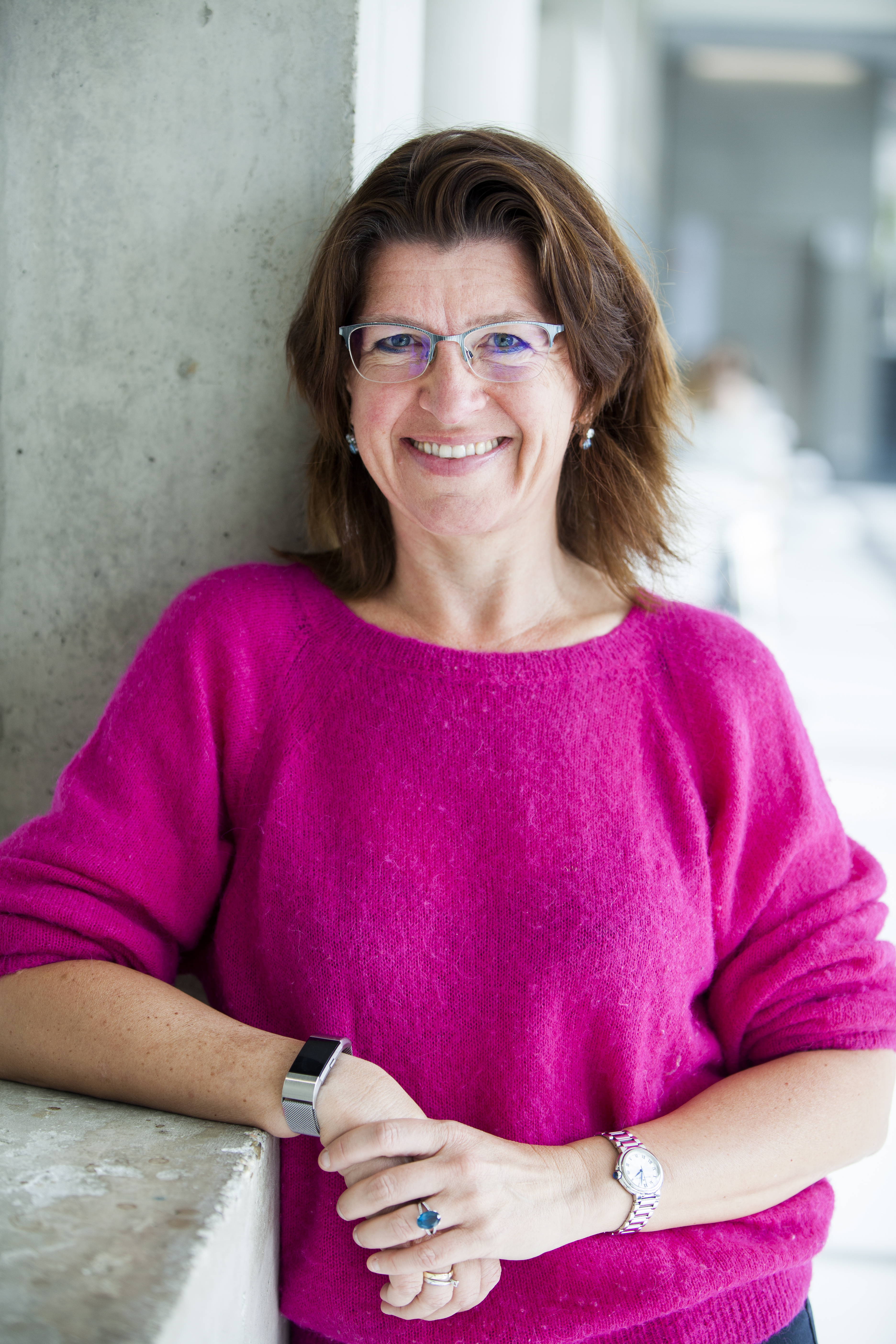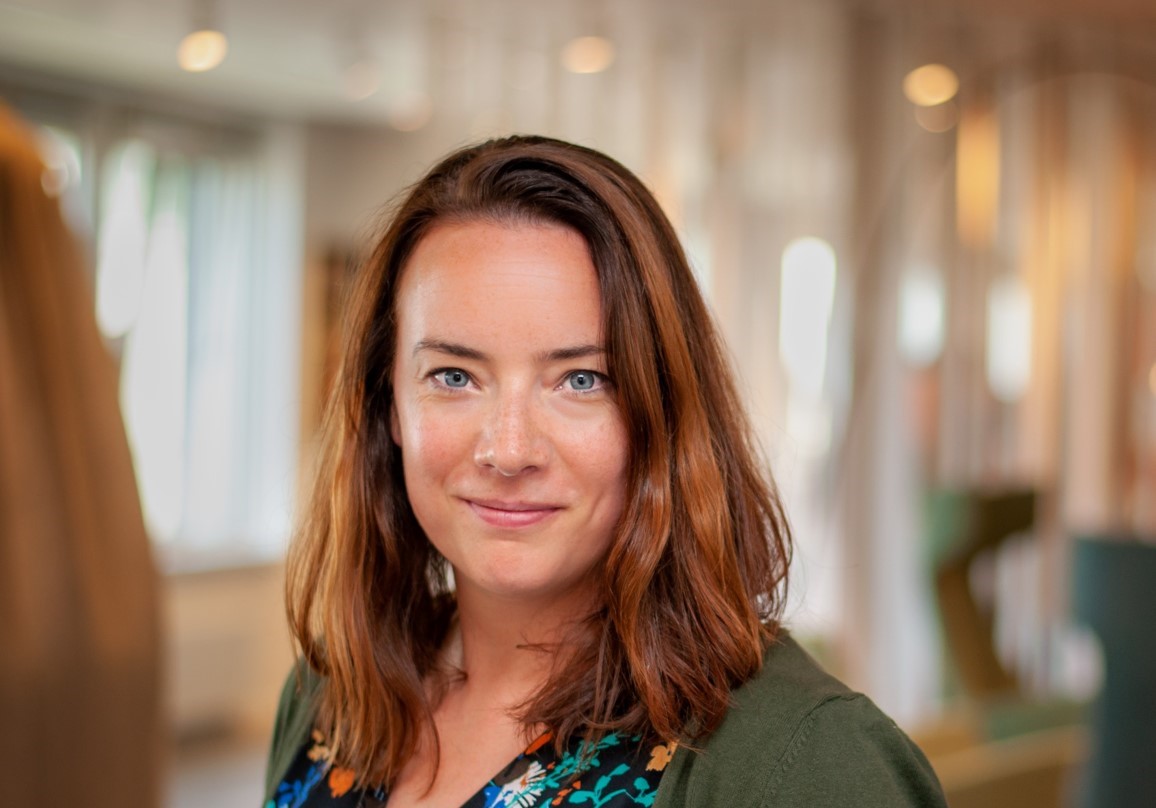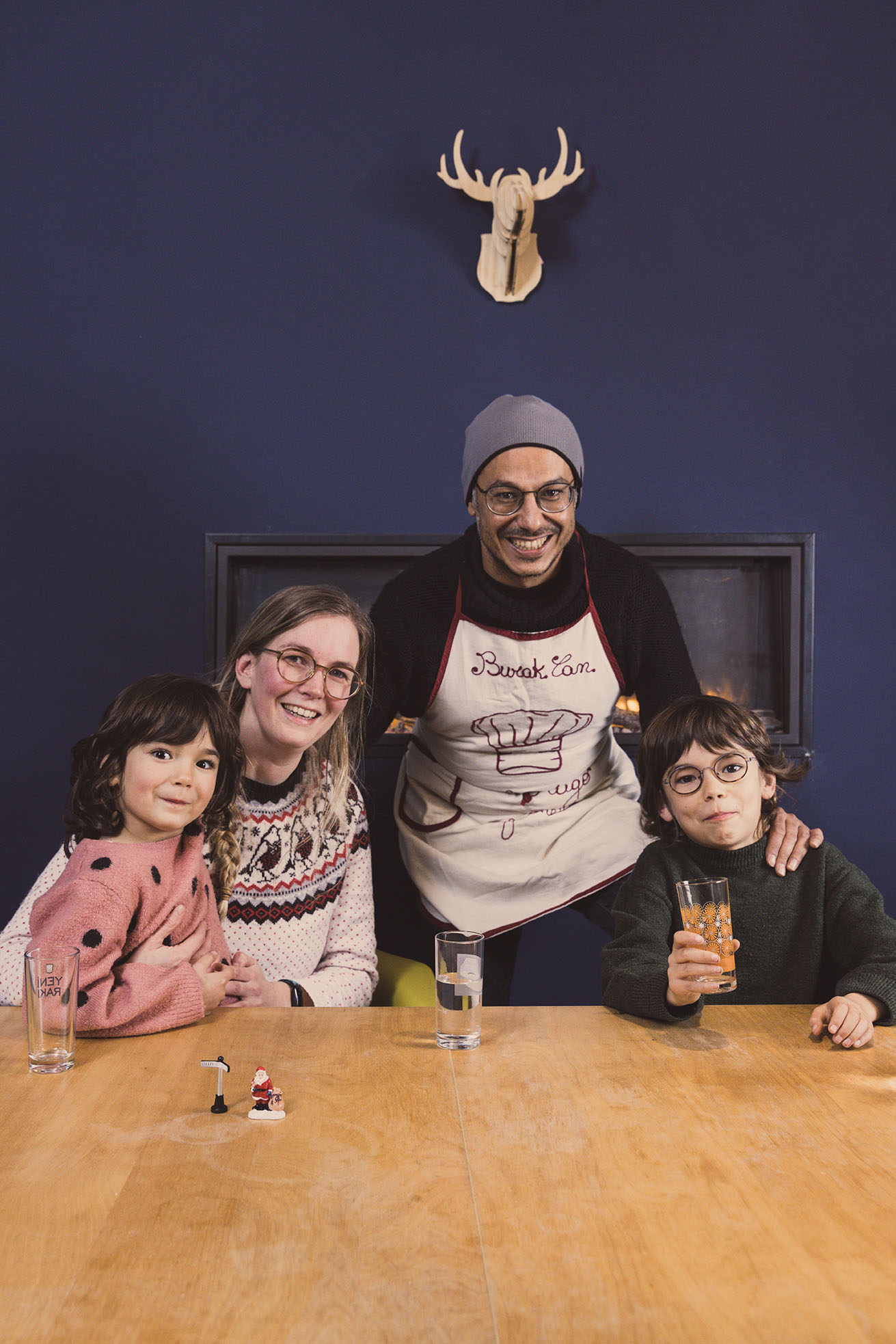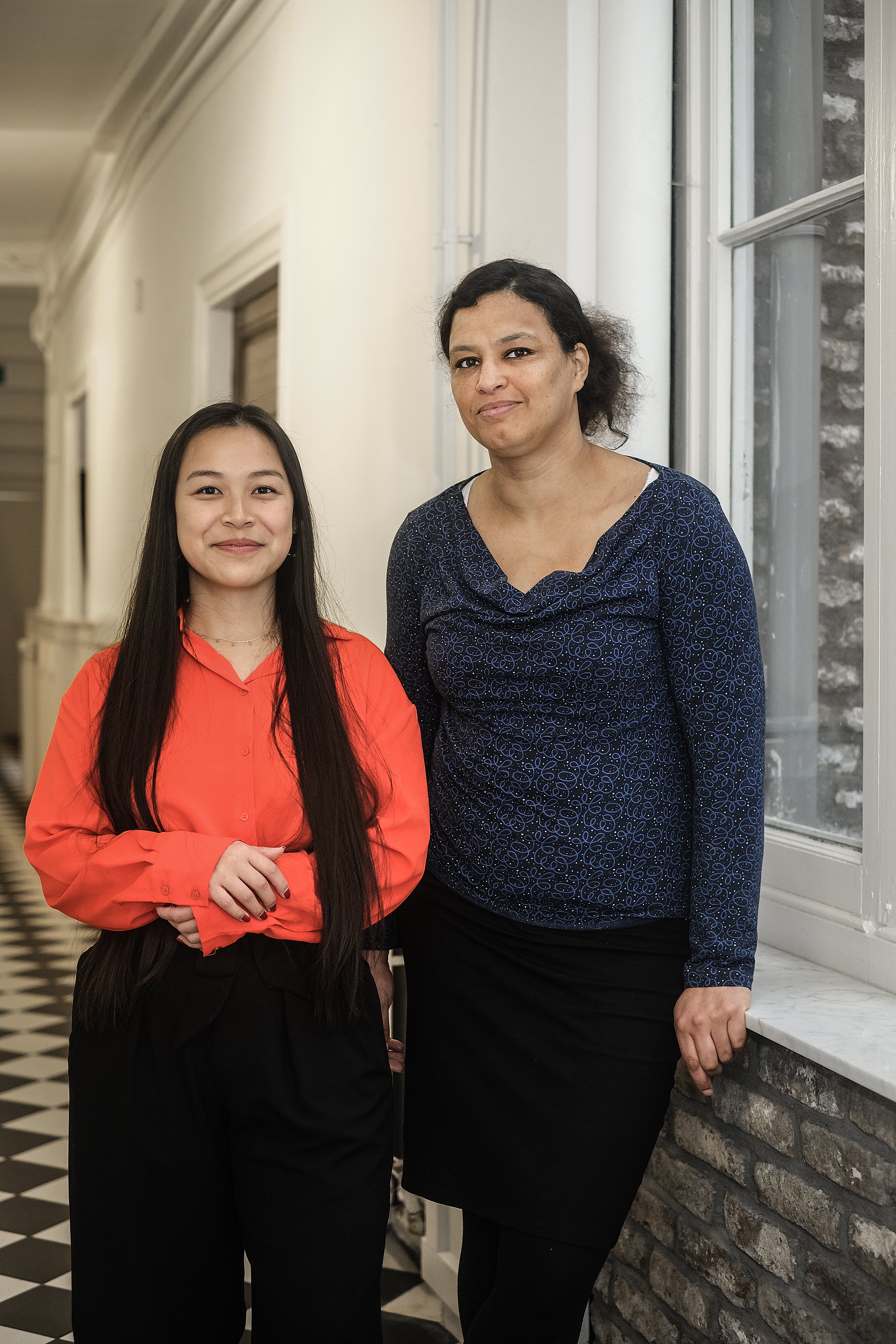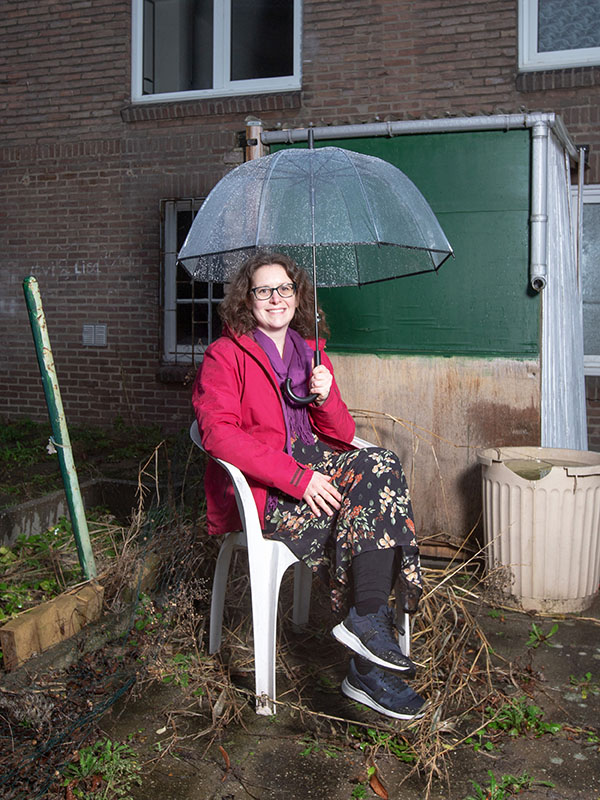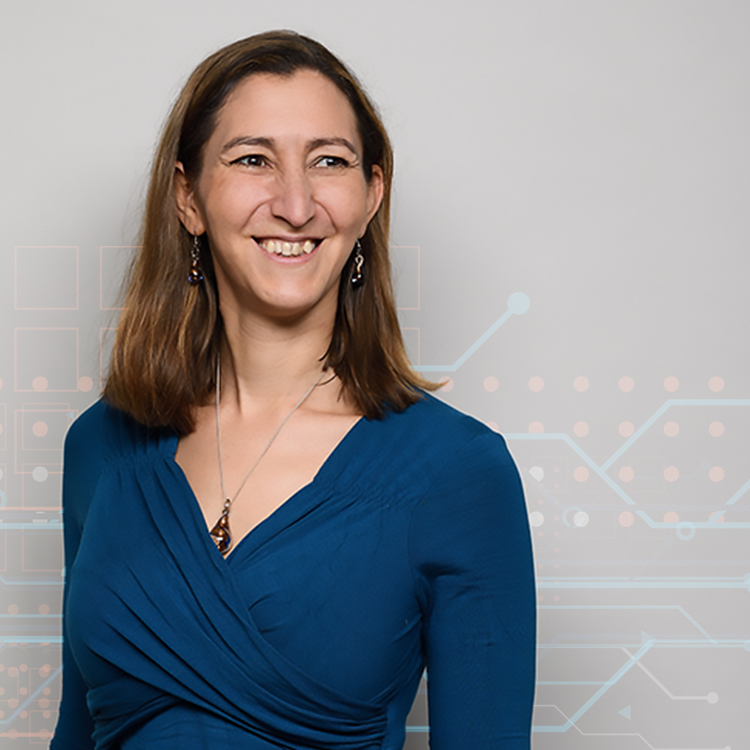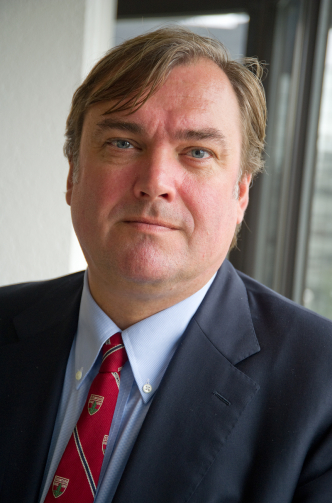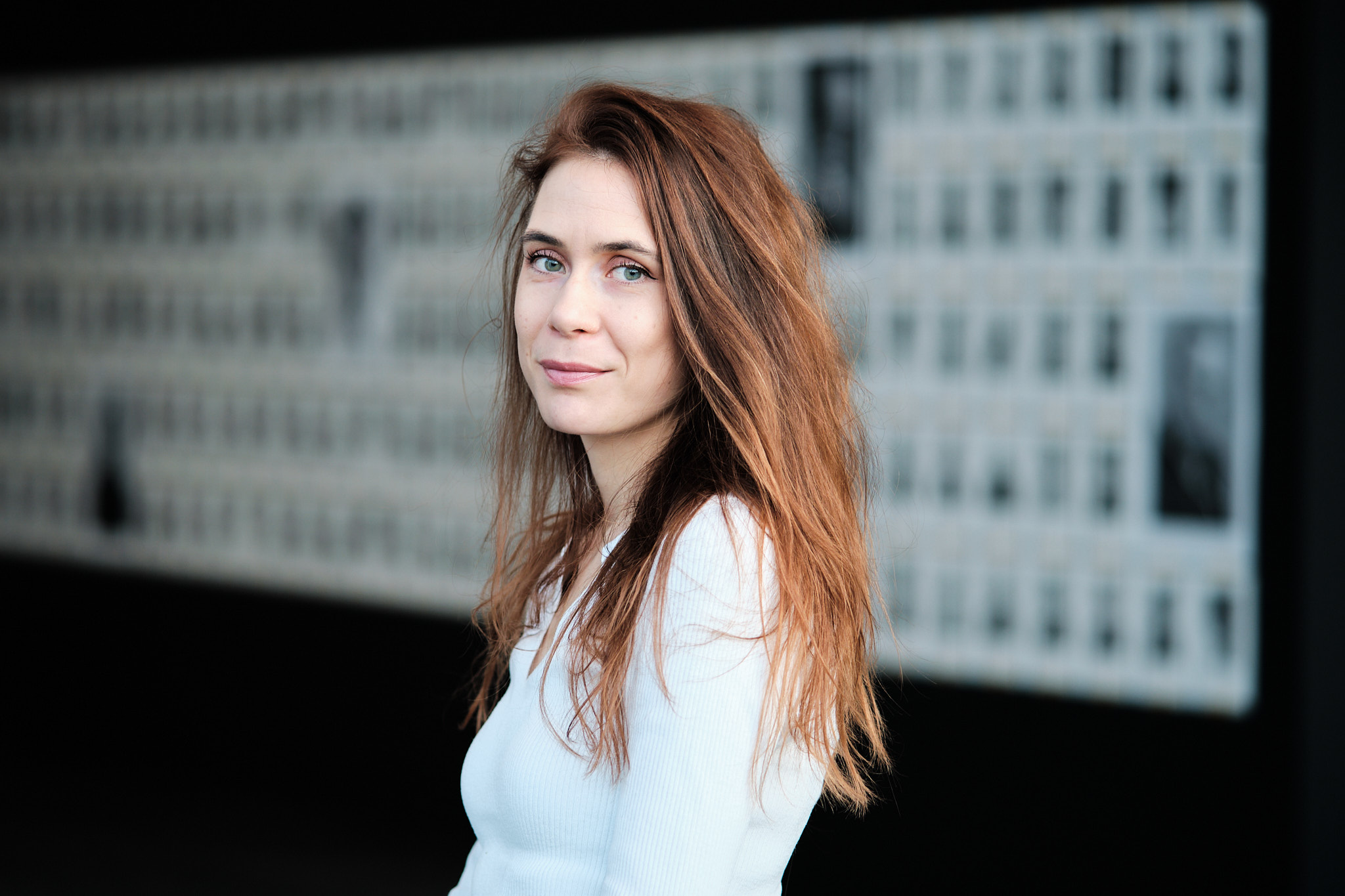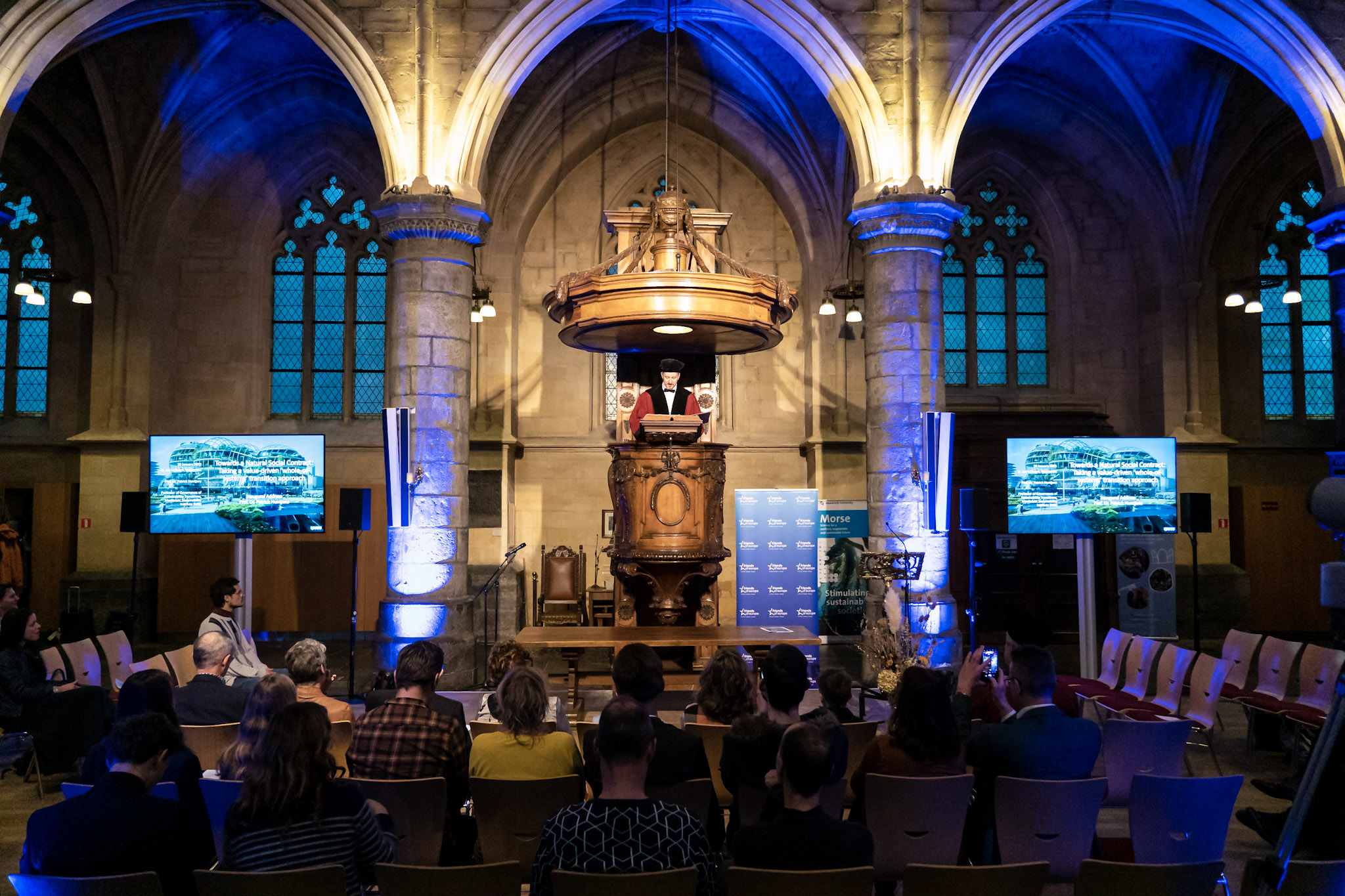News
-
Women are in the minority in closed treatment facilities (TBS) and other forms of forensic care worldwide. In the Netherlands, only 10% of patients admitted to forensic care are women, but their number is slowly increasing. Do the existing treatments and measurement instruments, developed...
-
A new type of biomaterial for bone cancer patients. Based on nanoparticles and polymers the composite material will kill remaining cancer cells and instruct the body to regrow surgically removed bone. MERLN’s Sabine van Rijt has won the prestigious ERC Consolidator Grant for her Nano4Bone research...
-
Things are bustling around the kitchen table of Burak Can, associate professor of Data Analytics and Digitalisation. A mix of Turkish, English and Dutch can be heard. “I speak Turkish with my children, my wife Ingrid speaks Dutch with them, and we speak English with each other.” On the menu is one...
-
The Belgian adoption system is in need of more transparency. Maastricht University's Centre for Gender and Diversity and the Belgian 'Afstammingscentrum' (research centre of filiation) work together to give a greater voice to adoptees, donor-conceived people and metis of the former Belgian colonies.
-
Having an impact in people's lives and on society as a whole. Being able to make a real difference. That is what Prof Klara Mosterd wants to achieve with her research into skin cancer and the clinical treatment of patients. On 17 March 2023, she will deliver her inaugural address titled ever so...
-
Gera Nagelhout is, in many respects, not a typical professor. She was the first in her family to attend university, and at the age of 34 was appointed endowed professor of Health and Wellbeing of People with a Lower Socioeconomic Position.
-
Artificial Intelligence (AI): is it an amazing technology that we need to implement absolutely everywhere, or a boogeyman that could spell the end of humanity?
-
Special Chair of Text-Mining Jan Scholtes on how ChatGPT actually works, why it’s an amazing achievement and where we should probably exercise a bit of caution.
-
Dr. Brenda Erens recently obtained her PhD at the Faculty of Psychology and Neuroscience. We talked about her work and upcoming challenges.
-
The status quo isn’t viable; we need to transform how we do things and how we think about them – not just in one domain but in the complex system made up of the interactions between all the domains. With his Natural Social Contract, Patrick Huntjens sketches a way forward.
